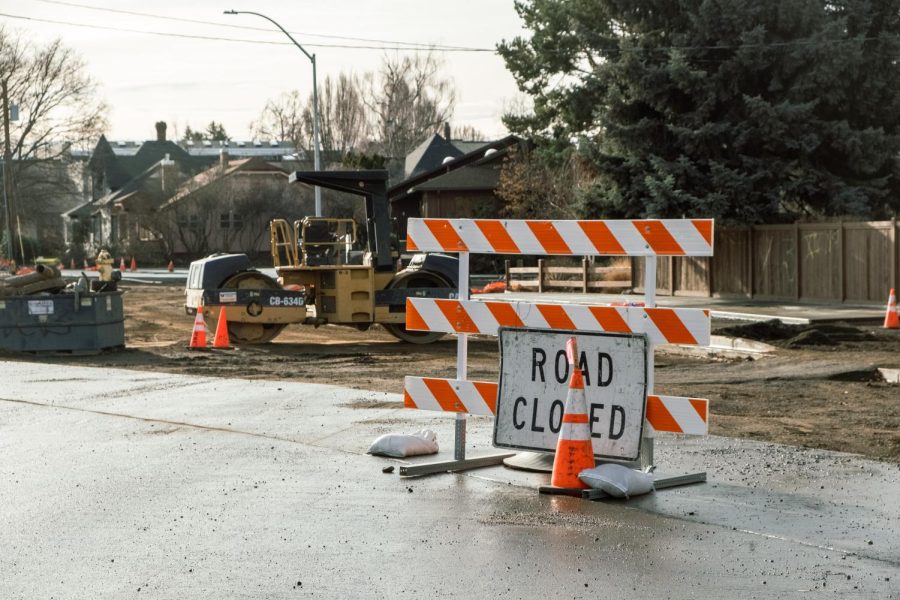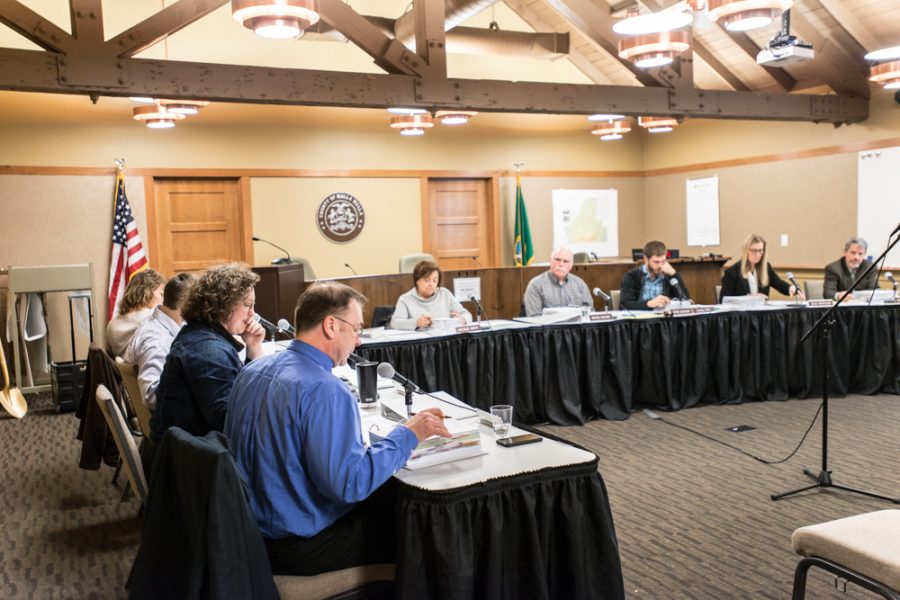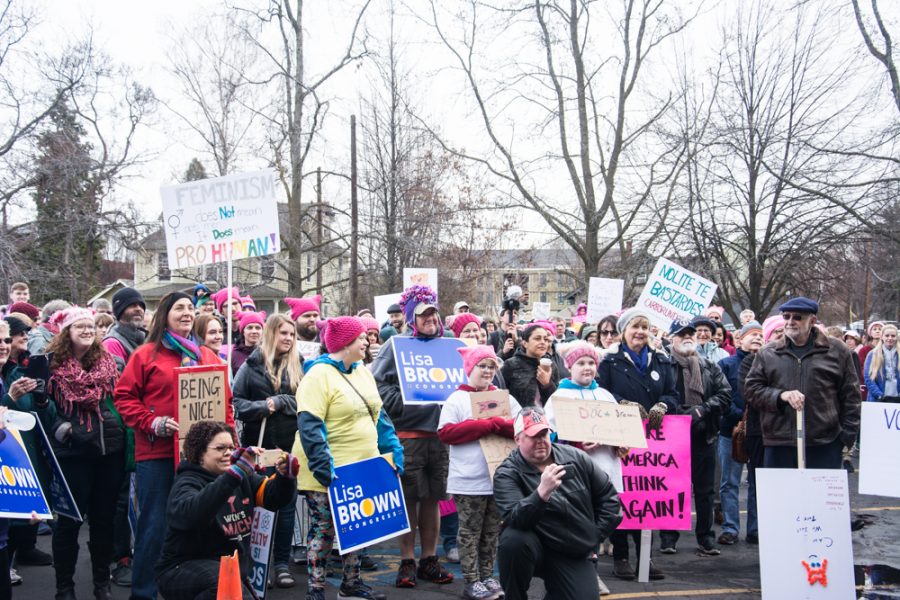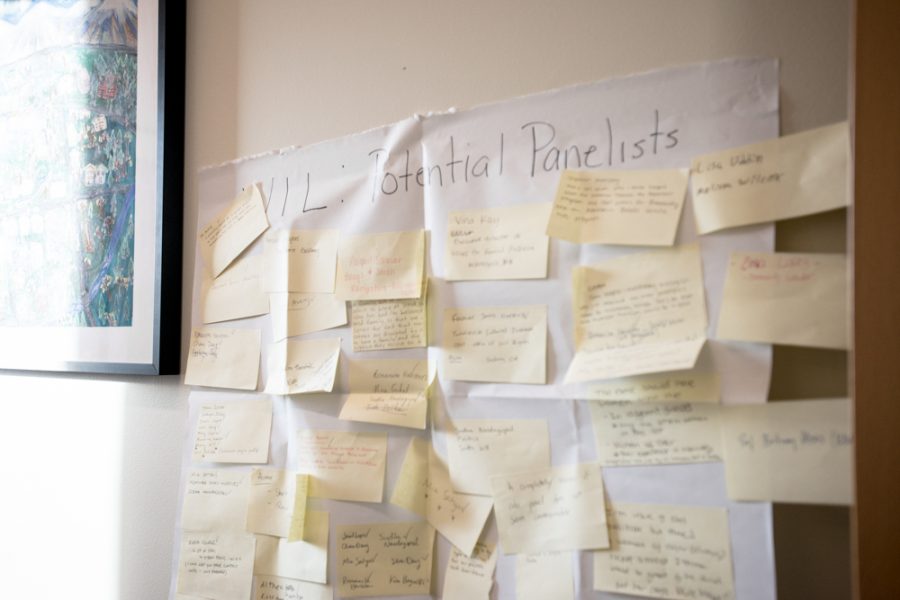While Washington State residents passed Initiative 502, regarding progressive marijuana reform, into legislation in December, the details of the initiative and what it means for both Washington residents and students have remained somewhat unclear.
Walla Walla City Attorney Tim Donaldson and Police Sergeant Chris Buttice gave a “Pot Talk” on Monday, Jan. 28 in order to educate students and community members on what I-502 means for Walla Walla County and Washington State as a whole. The lecture highlighted the specifics of the legislation as well as why details about marijuana reform in Washington remain vague.
Donaldson began by stating what was probably the most relevant effect of I-502 to Whitman students.
“I-502 passed in November, and became effective on December 6 [2012], and really what it did is it eliminated the state criminal penalties for possession of less than an ounce of marijuana if you’re over the age of 21,” he said.
Donaldson quickly noted that according to federal law, marijuana is still an illegal substance, meaning that inconsistencies might arise regarding the enforcement of the initiative. An example of this was an incident where the Seattle police department chose not to distribute tickets to people smoking marijuana openly in a park. Donaldson stressed that this might not be true everywhere in Washington.
“Here in Walla Walla … If we see somebody downtown with marijuana, we are going to go ahead and write them a ticket and take away their dope from them,” he said.
In addition, only the laws on personal possession have been clarified. Other aspects of the marijuana industry in Washington, such as growth, distribution and retail, have been left to the Washington Liquor Control Board who will finalize the rules by Dec. 1, 2013.
When asked about how the government will distribute marijuana production licenses, Donaldson replied vaguely.
“As it stands right now I can’t give you a straight answer, because we don’t know,” he said.
The state liquor control board was designated to come up with rules regarding the details of production and retail. Part of their rule-making is that they will determine how many retail outlets there will be in each county.
While the lecture clarified many issues regarding I-502, Donaldson also stressed the uncertainty with how the new law will play out. One concern Donaldson spoke about was how a legitimate drug industry might even contribute to the illegal drug trade.
“What we’ve found, though, is, because of legitimizing part of the drug trade, it gives a cover to people who have an illegal drug trade as well. So I don’t think it will cause us to spend less resources.”
Donaldson urged students not to overlook aspects of the law that still affect them, including the pertinent fact that you must be over 21 to be in possession of marijuana. As one of the first states to introduce marijuana reform, Washington is in a unique position of determining exactly how marijuana legalization will play out.















